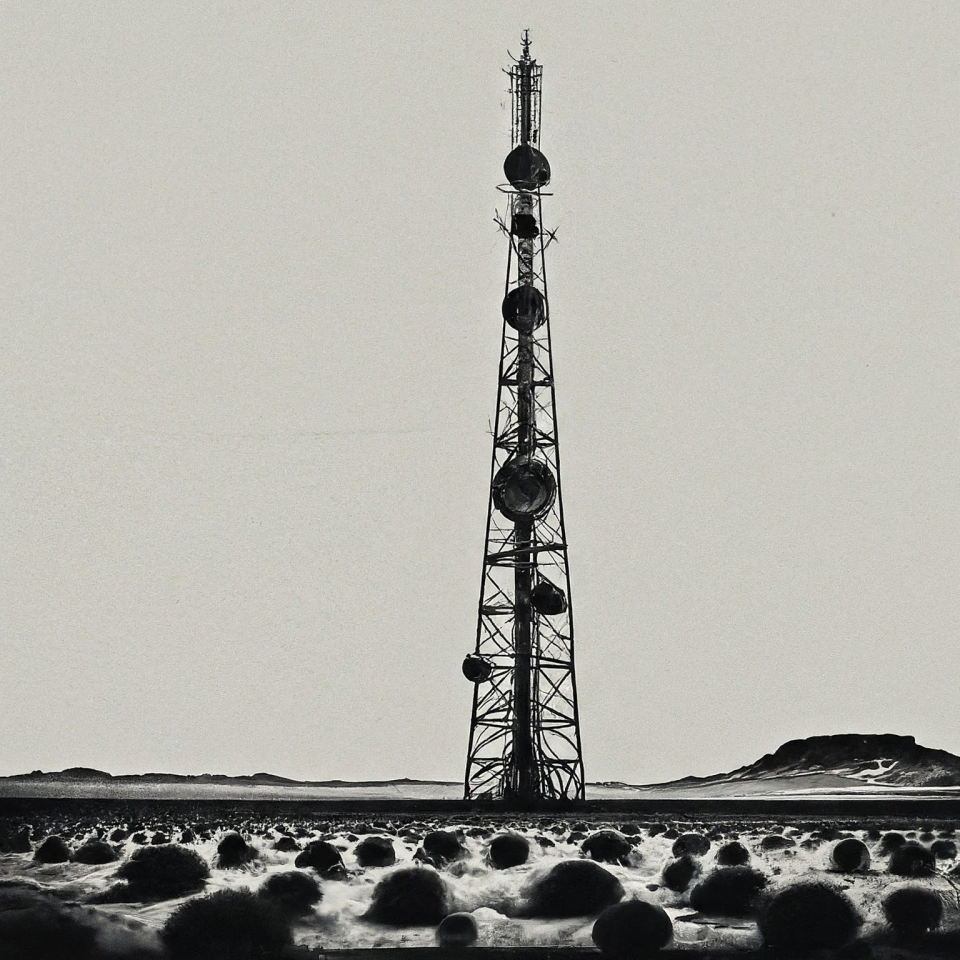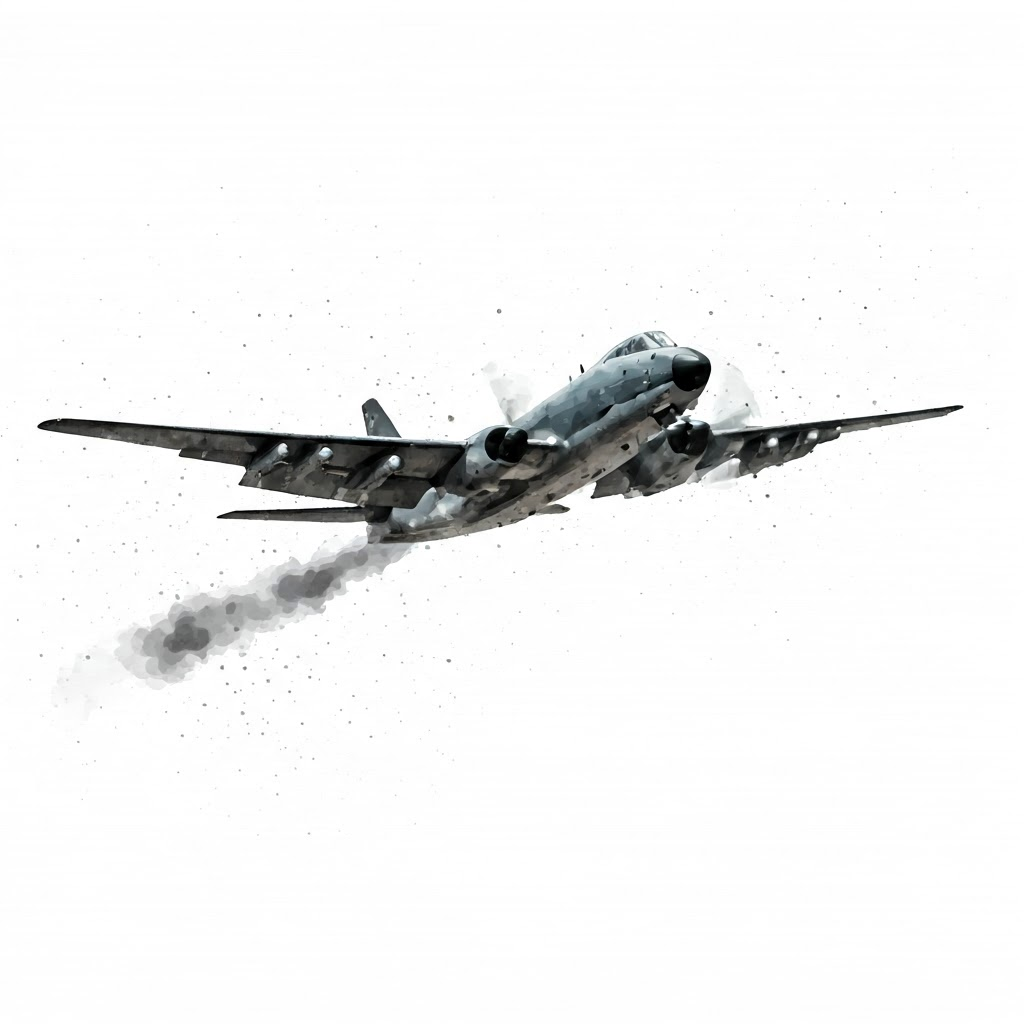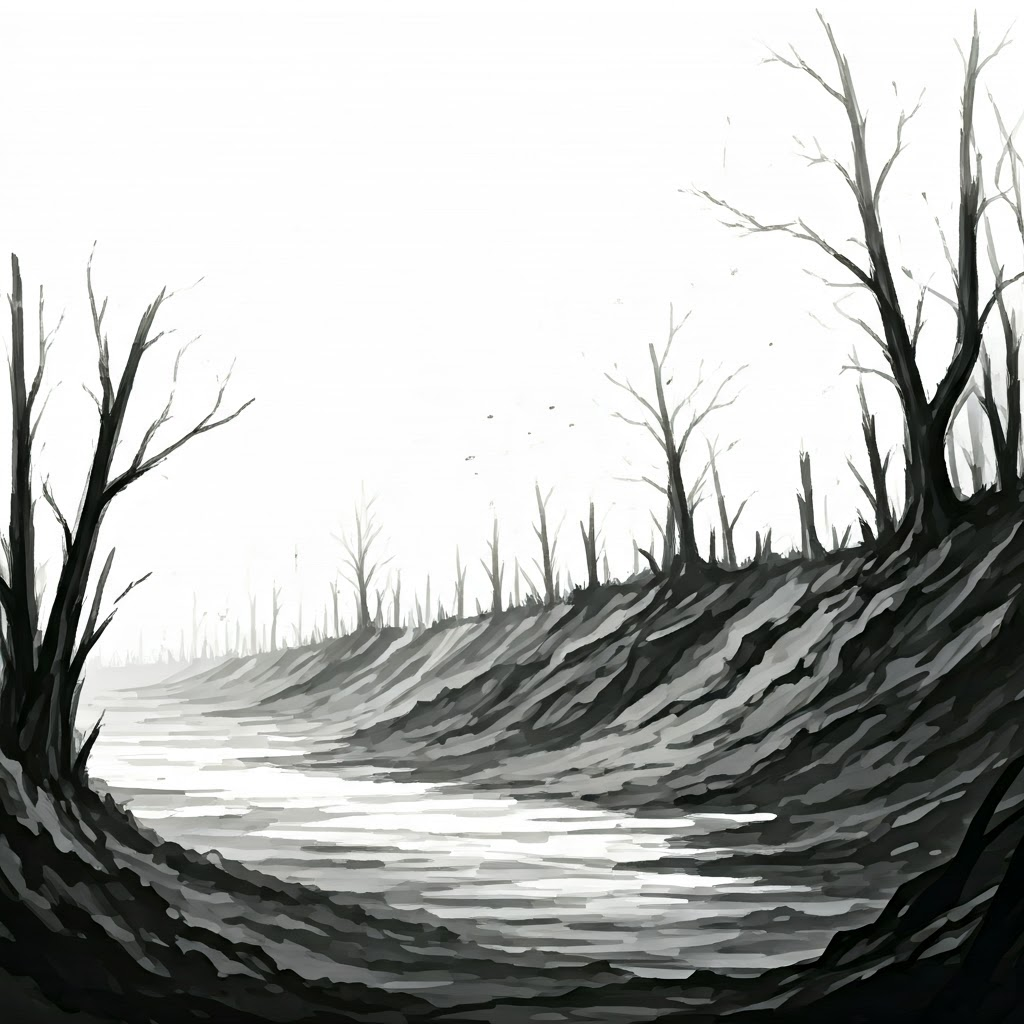Oga, you won’t believe what’s happening in Niger! The military government just banned BBC radio, and it’s causing serious wahala. This isn’t just about a radio station; it’s about keeping you in the dark. Let’s break down why this ban is a major gbege for all of us.
Here’s a quick rundown of what’s going on:
- Niger’s military junta banned BBC Radio for three months.
- They accuse the BBC of spreading ‘fake news’ to destabilize the country.
- This ban directly affects about 2.4 million people in Niger who listen to BBC via local partners.
- This move is part of a larger trend in West Africa where military governments are clamping down on Western media.
- The BBC has vowed to continue reporting, despite the ban.
Why Is This Ban a Big Deal?
So, why are we making noise about this BBC ban? Well, it’s not just about people not hearing their favorite radio programs. The BBC is a major source of news and information for many people in Niger, especially in the Hausa language. This ban means that a huge chunk of the population will be cut off from reliable news. Imagine not knowing what’s really happening in your own country. That’s what this ban is causing.
The Government’s Side of the Story
The Niger government claims the BBC is spreading ‘erroneous information’ that’s trying to cause problems in the country. They say the BBC’s reporting is trying to undermine the morale of their troops and stir up trouble. They are not the first government to clamp down on press freedom.
The BBC’s Response
The BBC is not taking this lying down. They have said clearly that they stand by their journalism and won’t be silenced. They said this ban will affect their ability to reach those who rely on their reliable and balanced news. They are promising to continue reporting on the region, no matter what.
The Bigger Picture
This BBC ban is just one part of a bigger pattern happening in West Africa. Military juntas in this region are showing serious distrust to western media. They have also sanctioned other news organizations like Radio France Internationale (RFI) and France 24. This trend is a serious blow to press freedom and shows the struggle between governments and a free press.
Recent Events Leading to the Ban
Before the ban, both the BBC and RFI reported on a major attack in western Niger where jihadists allegedly killed 90 soldiers and over 40 civilians. However, the Niger junta called these reports false and part of a smear campaign. But according to a Western security source, these numbers are accurate.
What This Means for You
This ban affects all of us. It highlights how important press freedom is. When the media is silenced, it’s easier for misinformation to spread and harder for citizens to know what’s really happening. We need to support independent journalism so that governments don’t take away our freedom of speech.
What’s Next?
The BBC says it will continue to report on the Sahel region despite this setback. It remains to be seen what steps the Niger government will take next, but the implications of suppressing free press is clear.
Keep up with the news and don’t let anyone keep you in the dark.





